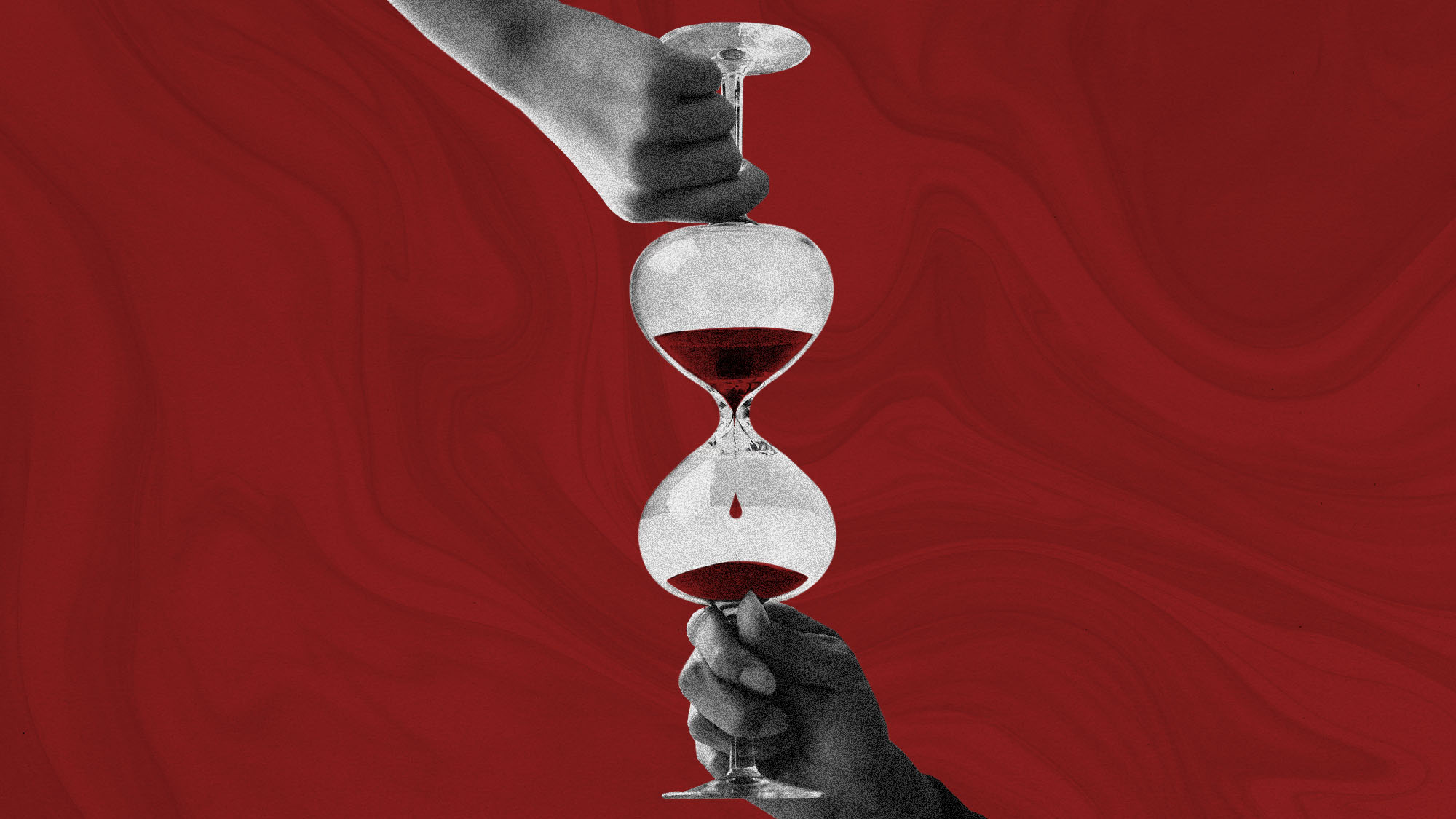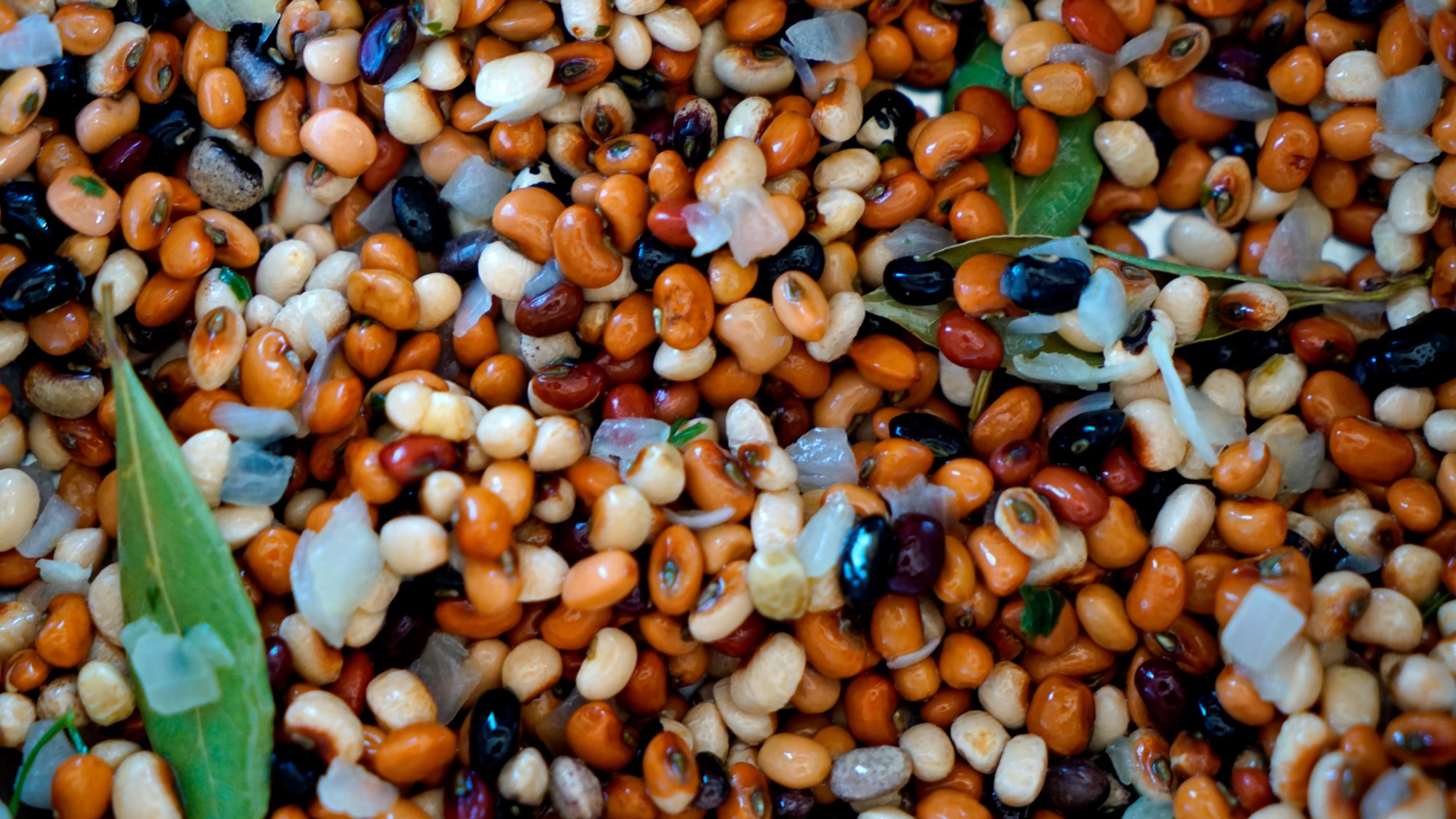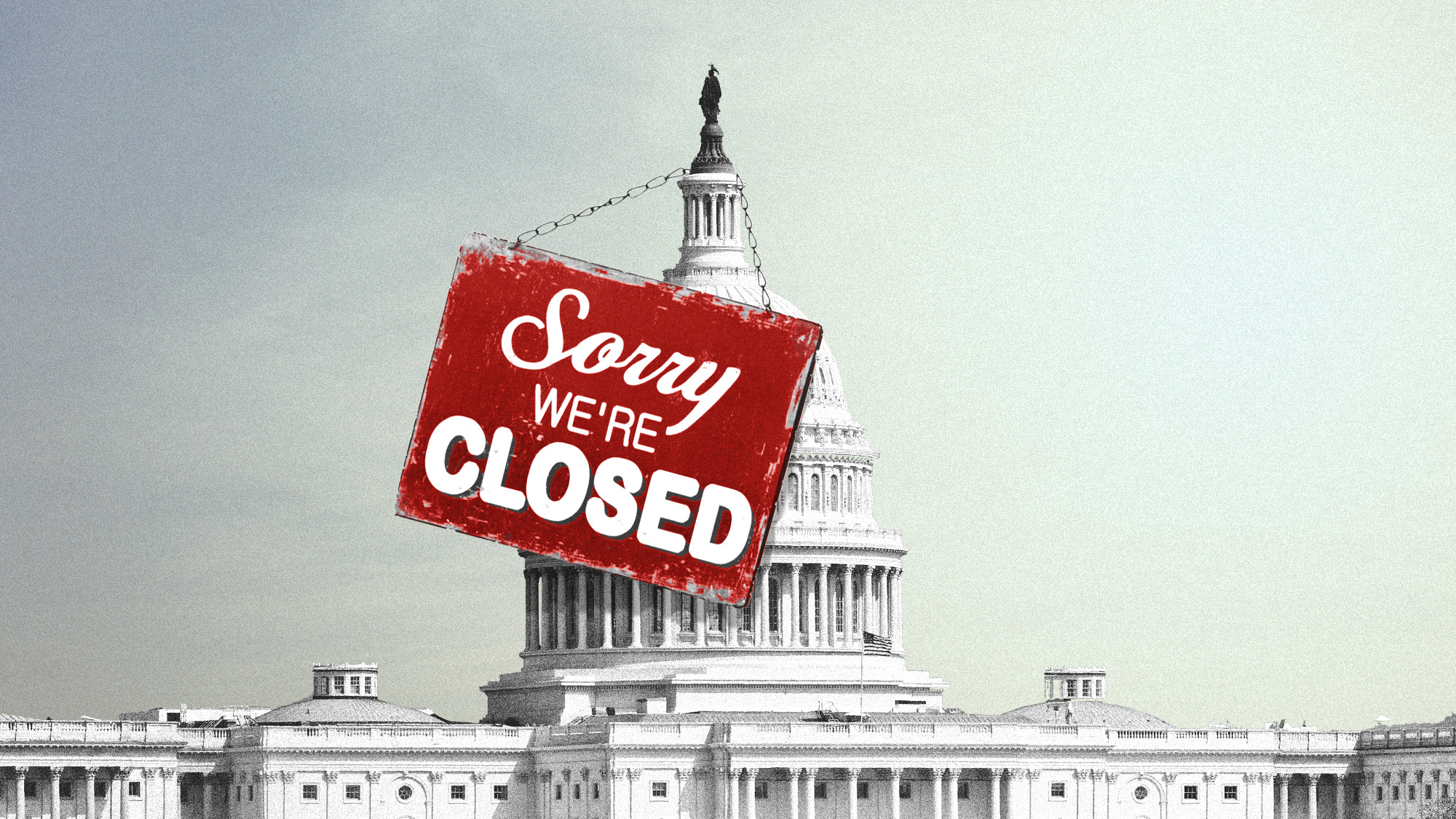The myth of 'healthy' moderate drinking
The shaky logic that a daily tipple can lengthen your life has been a 'propaganda coup for the alcohol industry'

A free daily email with the biggest news stories of the day – and the best features from TheWeek.com
You are now subscribed
Your newsletter sign-up was successful
Moderate drinkers feeling boosted by the belief that light drinking is healthier than abstinence have been served up the bad news that this might be a myth.
A longstanding "source of great comfort" for the "regular boozer" has been a "fat pile of studies" that claim a "daily tipple" is better for a longer life than avoiding alcohol completely, said The Guardian. But a new report has found "serious flaws" with this claim, said New Scientist.
'Bias problem'
The best way to assess the effects of alcohol would be to "randomly assign people to drink it or not in childhood and then monitor their health and drinking over the rest of their lives", said the magazine, but since such studies "cannot be done", researchers have to "ask people about their drinking habits and follow them over much shorter periods of time".
The Week
Escape your echo chamber. Get the facts behind the news, plus analysis from multiple perspectives.

Sign up for The Week's Free Newsletters
From our morning news briefing to a weekly Good News Newsletter, get the best of The Week delivered directly to your inbox.
From our morning news briefing to a weekly Good News Newsletter, get the best of The Week delivered directly to your inbox.
By the 2000s, countless studies of this kind had concluded that if people drank a little then their risk of dying of any cause went down a little compared with non-drinkers, but drinking more led to a sharp increase in the risk.
Now, scientists in Canada have combed through 107 studies on people's drinking habits and how long they lived. They found that drinkers had usually been compared with people who drank no alcohol or very little, without taking into account that some of those had cut down or quit through ill health.
This brought the group's average health down, and made light to moderate drinkers "look better off in comparison", said The Guardian.
So there is a "bias" problem, Tim Stockwell at the University of Victoria in Canada told New Scientist, because researchers often don't compare people who have never drunk alcohol with those who have. Instead, some studies, which claim to compare current drinkers with "never drinkers", may include occasional drinkers in the latter group, he added. For instance, one study defined people as lifetime abstainers even if they drank on up to 11 occasions every year.
A free daily email with the biggest news stories of the day – and the best features from TheWeek.com
'Propaganda coup'
People should be "sceptical" of the claims that the industry has "fuelled over the years," said Stockwell, because booze bosses "obviously have a great stake" in promoting their product as "something that's going to make you live longer as opposed to one that will give you cancer".
Moderate drinking is "maybe not as risky as lots of other things you do", he added, but "it's important that consumers are aware". It's "also important that the producers are made to inform consumers of the risks through warning labels", he added.
The myth of moderate drinking being healthy has been a "propaganda coup for the alcohol industry", Stockwell told The Guardian, allowing it to propose that moderate use of their product "lengthens people's lives".
The idea has "impacted" national drinking guidelines, estimates of alcohol's burden of disease worldwide and been "an impediment" to effective policymaking on alcohol and public health.
But the tide had already begun to turn before his latest findings. A report published in 2018 found that alcohol led to 2.8 million deaths in 2016 and was the leading risk factor for premature death and disability in 15- to 49-year-olds. In the over-50s, around 27% of cancer deaths in women and 19% in men were linked to their drinking habits.
Last year, a major study of more than half a million Chinese men, published in Nature, linked alcohol to more than 60 diseases, including liver cirrhosis, stroke, several gastrointestinal cancers, gout, cataracts and gastric ulcers.
Also in 2023, the World Health Organization said that any amount of alcohol was dangerous. "There is no safe amount that does not affect health," the group declared. England's former chief medical officer, Dame Sally Davies, has agreed that there is no safe level of alcohol intake.
But ultimately the choice "is personal", wrote Lydia Denworth in Scientific American. People have "long derived pleasure from alcohol" and she is "one of them". She conceded that "wine is not benign" adding that "the occasional glass is a risk worth taking – for me".
Chas Newkey-Burden has been part of The Week Digital team for more than a decade and a journalist for 25 years, starting out on the irreverent football weekly 90 Minutes, before moving to lifestyle magazines Loaded and Attitude. He was a columnist for The Big Issue and landed a world exclusive with David Beckham that became the weekly magazine’s bestselling issue. He now writes regularly for The Guardian, The Telegraph, The Independent, Metro, FourFourTwo and the i new site. He is also the author of a number of non-fiction books.
-
 Health insurance: Premiums soar as ACA subsidies end
Health insurance: Premiums soar as ACA subsidies endFeature 1.4 million people have dropped coverage
-
 Anthropic: AI triggers the ‘SaaSpocalypse’
Anthropic: AI triggers the ‘SaaSpocalypse’Feature A grim reaper for software services?
-
 NIH director Bhattacharya tapped as acting CDC head
NIH director Bhattacharya tapped as acting CDC headSpeed Read Jay Bhattacharya, a critic of the CDC’s Covid-19 response, will now lead the Centers for Disease Control and Prevention
-
 Microdramas are booming
Microdramas are boomingUnder the radar Scroll to watch a whole movie
-
 Where to begin with Portuguese wines
Where to begin with Portuguese winesThe Week Recommends Indulge in some delicious blends to celebrate the end of Dry January
-
 Touring the vineyards of southern Bolivia
Touring the vineyards of southern BoliviaThe Week Recommends Strongly reminiscent of Andalusia, these vineyards cut deep into the country’s southwest
-
 Giving up the booze
Giving up the boozeFeature Sobriety is not good for the alcohol industry.
-
 The most downloaded country song in the US is AI-generated
The most downloaded country song in the US is AI-generatedUnder the radar Both the song and artist appear to be entirely the creation of artificial intelligence
-
 The rise of tinned beans
The rise of tinned beansThe Week Recommends Protein-packed, affordable and easy to cook with, the humble legume is having a moment
-
 Rosalía and the rise of nunmania
Rosalía and the rise of nunmaniaUnder The Radar It may just be a ‘seasonal spike’ but Spain is ‘enthralled’ with all things nun
-
 DC tourism has taken a hit
DC tourism has taken a hitUnder the Radar The government shutdown has reduced tourist attractions